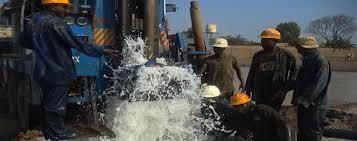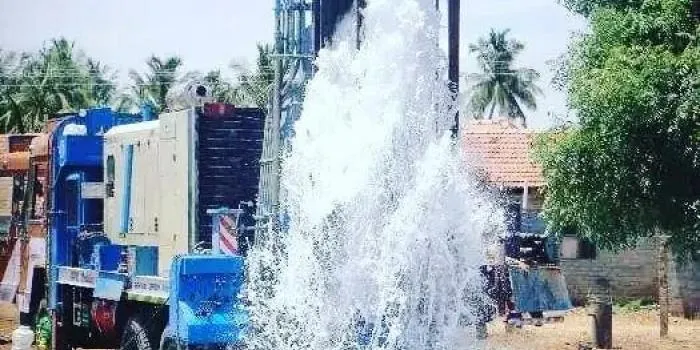Share this
Little-Known Rules to Follow Before You Drill a Borehole in Kenya
Kenya is one of countries in the world that has been classified as water deficient, having less than 1000 cubic meters of renewable fresh water supply per capita.
With 80% of the country being Arid and Semi-Arid Land (ASAL), many Kenyans resort to drilling boreholes, to meet the ever-rising demand for water.

However, unknown to many, you cannot drill a borehole without meeting certain conditions and having relevant approvals.
Before drilling a borehole, you need to conduct a hydro-geological survey.
The survey is key in establishing the drilling point, rock structure and amount of water present beneath. The type of rock structure will determine how much you will spend while the amount of water beneath gives estimation of feet to be drilled.
If satisfied with the report, your are required to apply for required permits and reports.
Four permits are needed before you can drill borehole even if it is on a private property;
Water Resource Authority (WRA) permit – if you are satisfied you have water in your property, you must apply for drilling permit from WRA.
Environmental Impact Assessment (EIA) -an EIA report gives assessment on how your borehole project will affect the environment.
NEMA (National Environment Management Authority of Kenya) Permit – assesses your EIA report and if satisfied that the project will not negatively affect the environment, a permit is issued.
With devolution in place, before commencing your project you will also need a letter of no objection from local water service providers and a county permit.
The above permits are mandatory for every Kenyan who wants to drill a borehole. They are necessary for regulation since water is a precious commodity. Further, based of surveys and reports, some areas could be unfit for a borehole.





















